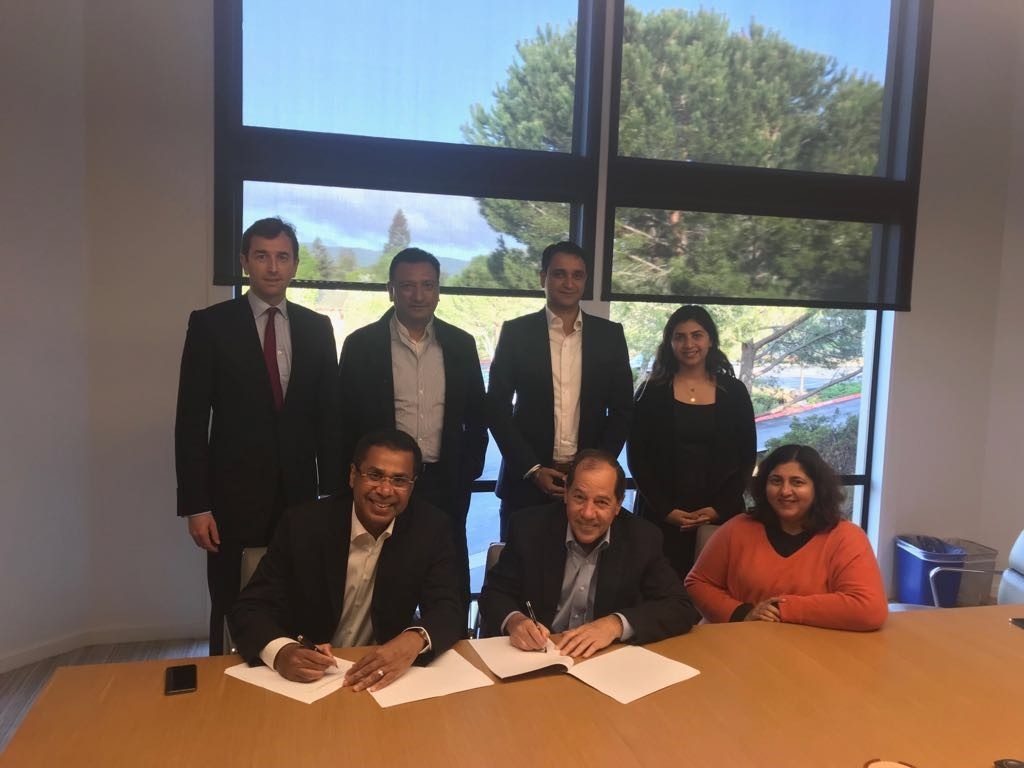Menlo Park-based technology company, Katerra, and KEF Infra, an offsite manufacturing technology specialist, announced a merger that will significantly expand their combined geographic reach, manufacturing capacity, and market expertise.
The newly created company already has more than $3.7bn in bookings at this time across North America and India and is looking to expand in the Middle East.
Announcing the merger, Faizal Kottikollon, founder and chairman of KEF Infra, said: I am very excited by the prospects of this strategic alliance. We look forward to breaking new ground with a like-minded team, particularly in the Middle East because government support has led to burgeoning investment opportunities, making this region a potential growth market for KEF Katerra. We will also expand our footprint to other geographies in India beyond our current markets.
Voicing similar thoughts, Michael Marks, chairman and co-founder of Katerra, said: We are thrilled to merge with KEF Infra, a company that is truly a disruptor. Its incredible to discover a team so aligned with our values and vision.
Both companies employ a vertically integrated model, offering end-to-end building services enhanced by design, technology, and offsite manufacturing. The vertical integration of all disciplines from architectural design, structural design and engineering, MEP and finishes and overall project planning and execution will allow for integrated project delivery, which is lacking in construction today. In addition to addressing housing needs, KEF Katerra will be actively engaged in building critical infrastructure such as hospitals and schools.
The merger will enable KEF-Katerra to bring world-class pre-cast concrete technologies to the US market, greatly expanding design and materials options for its Katerras clientele. At the same time, the move will strengthen the global supply chain and enhance manufacturing processes in existing KEF markets.
Once the merger is complete in Q3 2018, the company will have over 3,400 employees, with a global footprint of 20 locations in the United States, China, India, Mexico, and the Middle East.




